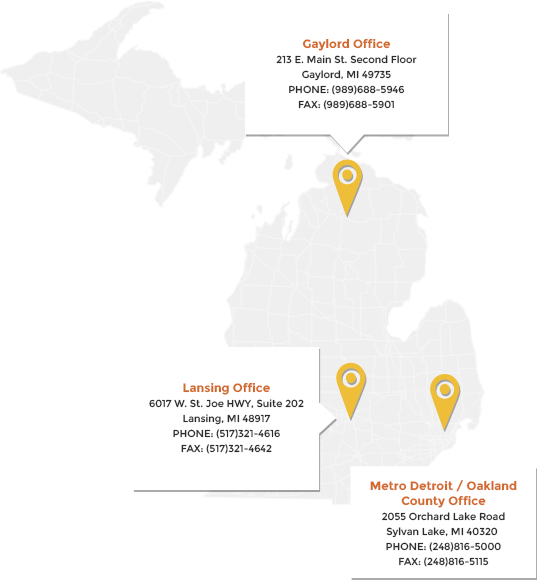Catering
Permit
Ask the Experts
I heard that a new Catering Permit is now available from the Michigan Liquor Control Commission. What is required for my restaurant to get one?
On April 19, Gov. Rick Snyder signed Senate Bill 5, establishing the Catering Permit, which expands the services licensees can make available to the public. This new addition to the Michigan Liquor Control Act allows public on-premise licensees to acquire a Catering Permit from the MLCC, provided they are also licensed by the state as a food service establishment or a retail food establishment under the Food Act of 2000. These can include Class C licensed restaurants, as well as off-premise SDM or SDD licensees.
This new Permit would allow your restaurant to sell and deliver beer, wine and spirits in the original containers at a private event – as long as the sale is not by the glass or drink and the permit holder serves the beer, wine and spirits. A private event is one where no money is charged to attend the event or purchase alcoholic beverages, and the event is not open to the public at large. An example would be a party at a private home or office or similar off-premise location. The Permit would allow your restaurant to cater at multiple locations during the same time period. (In this regard, the Catering Permit is unlike the Special Event Permit that could only be used one time for a specific location.) Employees who serve the alcohol at the event must have completed an approved server training program and must verify that the person receiving the alcoholic beverage is of legal age in Michigan. Employees should have a copy of their server training certification card with them at the event. The delivery person must also have on his or her person written documentation certifying that the alcoholic beverages are being provided to a private event conducted under this specific section of the Liquor Act. A violation of MLCC rules at the event – for example, service to a minor – would be assessed against the Licensee who holds the Permit. There is an initial application fee of $70 for the permit and an annual fee of $100. Both fees must be paid at the time of application filing. The MLCC is currently accepting and processing applications.
With the ability to provide alcoholic beverages along with food service, you have a great opportunity to provide off-site catering to private parties.
Contact Michigan’s Premier Liquor Licensing Attorney
Call (248)816-5000 or fill out our contact form to speak with the hospitality law attorneys at Carlin Edwards Brown PLLC. We have helped hundreds of on-premise hospitality providers and off-premise establishments obtain liquor licenses. We have also represented several hundred establishments accused of liquor code violations before the Michigan Liquor Control Commission.




